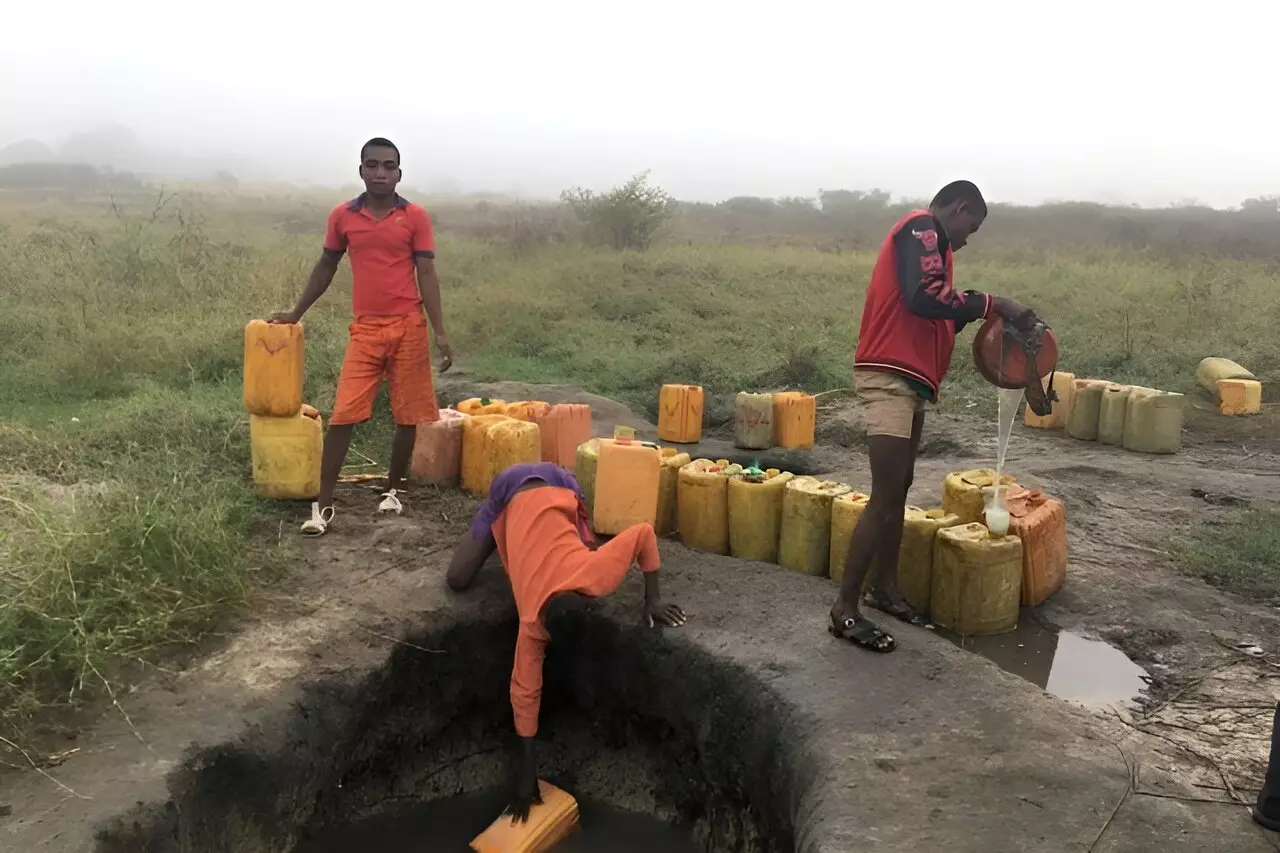A recent study led by the University of California, Irvine, has brought to light a significant connection between human-induced climate change and the prolonged drought currently ravaging southern Madagascar. The research, published in npj Climate and Atmospheric Science, indicates that the hydrological cycle in the region is being influenced by climate change, which in turn has substantial implications for the local population and their agricultural practices. Angela Rigden, the lead author of the study and an assistant professor of Earth system science at UC Irvine, pointed out that the rainy season in southern Madagascar is becoming shorter, with a delayed onset of those seasons.
The research team, led by Rigden, utilized remotely sensed observations and climate models to identify the impact of climate change on the region. By analyzing multi-year satellite records of vegetation greenness, the researchers were able to detect shifts in southern Madagascar that signify changes in water availability. Rigden emphasized the importance of linking satellite-based remote sensing data of plants to soil water availability. The comparison of the observed shift in the rainy season with climate model projections unveiled a narrowing rainy season window, which Rigden described as the “fingerprint of climate change.”
One crucial aspect of the study was the availability of a multi-year satellite record dating back to the early 1980s. These long observational records are particularly valuable for regions like southern Madagascar, where data on climate patterns are scarce. Rigden highlighted the importance of having a record long enough to track changes attributed to climate change accurately. The alignment between these observations and climate models further supports the argument for changes in seasonality due to climate change.
Christopher Golden, a study co-author and associate professor of nutrition and planetary health at Harvard University, shared insights from his 25 years of fieldwork in Madagascar. Golden noted that southern Madagascar has always been arid, even without drought, and local residents have witnessed shifts in rainfall patterns over the years. Stakeholders, such as Catholic Relief Services and the USAID Mission to Madagascar, brought attention to the challenges facing the country. Golden stressed that the study’s findings will enable scientists to offer more informed recommendations to policymakers regarding relief aid allocation.
The research indicates that the current drought crisis in southern Madagascar is directly linked to climate change. The recurring nature of this phenomenon suggests that it will persist in the future, emphasizing the need for sustainable solutions and adaptation strategies. Golden emphasized that the study’s insights can assist officials in justifying the funding of relief efforts, as communities need to prepare for the new normal of climate-related challenges. Rigden echoed this sentiment by highlighting the importance of proactive measures to mitigate the impact of climate change on vulnerable regions like southern Madagascar.


Leave a Reply